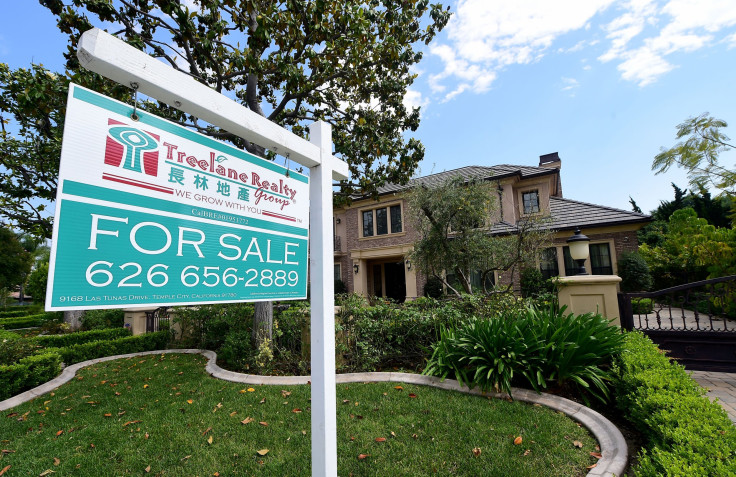Americans Are Pessimistic About US Economy But Upbeat About Their Personal Finances, Survey Shows

Americans are feeling upbeat about their personal financial circumstances. Unemployment rates are falling, wages are slowly accelerating, and consumers have more disposable income to spend on restaurants, vacations and new cars. Yet they are largely pessimistic about the state of the national economy, reflecting a broader anxiety that another economic downturn could be lurking around the corner.
Just 42 percent of adults described the U.S. economy as good, the Associated Press and the NORC Center for Public Affairs Research found in a joint survey released Wednesday. Only 23 percent of respondents said they think the economy will improve this year. And just a third said they’d be very confident of finding another job if they were laid off.
Even so, two-thirds of Americans said their own households are faring well, the survey found. Many homeowners have seen the value of their houses recover since the Great Recession struck in 2007. And the nation’s unemployment rate has reached a relatively healthy 5 percent after soaring to 10 percent in October 2009.
The sharp contrast between Americans’ personal outlook and national views suggests that many people remain worried about risks beyond their control, such as stock market volatility or the enduring decline in U.S. manufacturing jobs, the Associated Press reported.
The 2016 presidential elections are also likely a major reason for the divide. Voters historically tend to develop negative views of the economy during election years — perhaps not a surprising reaction, given how often candidates rail against current economic shortcomings as they vow to bring jobs and new prosperity to the country.
“If you turn on the news, you’re very aware that the economic recovery has not lifted everyone back to normal,” Diane Lim, a research at the nonpartisan think tank Committee for Economic Development, told the AP. “The campaign talk, of course, is going to emphasize the negative on either side.”
The AP-NORC poll surveyed 1,008 adults April 14-18. The sample was drawn from NORC’s probability-based AmeriSpeak panel, which is designed to be representative of the U.S. population. The margin of sampling error for all respondents was plus or minus 3.7 percentage points.
© Copyright IBTimes 2025. All rights reserved.





















